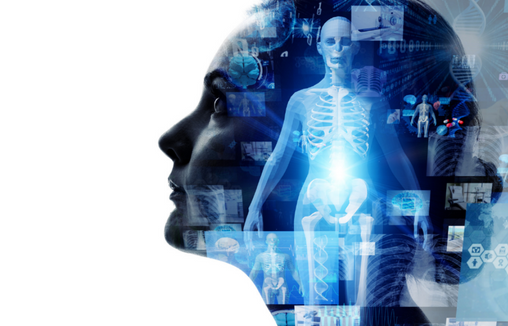Together psychosis and mood disorders affect approximately 12% of adults and are among the top 10 causes of disability worldwide.
Psychosis describes the experience of losing contact with reality, often perceiving something that other people don’t, whilst mood disorders encompass different forms of mood issues such as depression, anxiety and manic moods.
Whilst standard medications for these disorders can be helpful, a proportion of individuals affected receive no, or only partial benefits from them. Our theme aims to transform the future of people suffering with psychosis and mood disorders by pioneering novel, evidence-based care approaches.
More precise, effective, and safer treatments are a priority for our patient and carer groups, and our work aims to support the early identification of those most at risk of poor outcomes and to accelerate the administration of effective interventions to those unlikely to benefit from standard treatment.
Furthermore, psychosis can occur as part of having mood disorders, and conditions such as schizophrenia can be accompanied also by mood-related symptoms. This is due to the shared mechanisms that may underlie psychosis and mood disorders. Taking this into consideration we aim to adopt a framework that ensures the largest number of individuals benefit from innovations.
Finally, psychosis and mood disorders are also often complicated by long-term physical health conditions (LTCs) which compound poorer outcomes, high costs, and excess mortality. We aim to address these needs by building on our BRC-supported data collection system for people with LTCs to establish trials of simple, scalable digital interventions that can help those individuals affected by psychosis, mood and physical health disorders.
Stories of Research
Discover how our research is making a difference to people’s lives, today and tomorrow.














